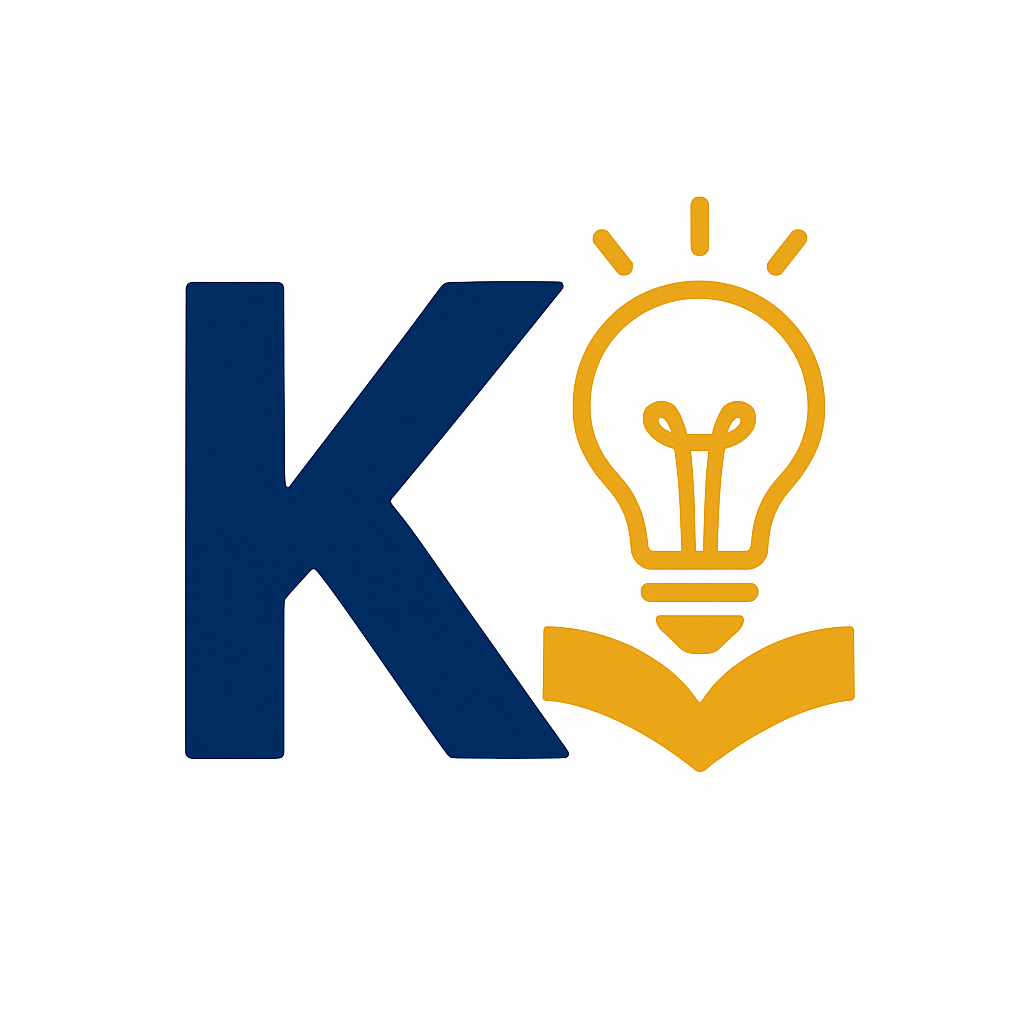The rapid development of Artificial Intelligence (AI) has revolutionized many fields including education. AI is becoming more and more important in the field of Islamic studies as a means of improving Quranic learning. Technology is improving the efficiency and access of the Quran’s education, from the AI-operated Tafseer (exegesis) tools from the automatic Tajweed improvement.
Even though AI is a very useful tool, it cannot replace trained teachers. AI cannot provide the intensive spiritual insight, relevant knowledge and scholarly guidance for the true understanding of the Quran.
This blog highlights significant digital resources, checks how AI is changing the study of the Quran, and emphasizes unavoidable importance of human teaching in Islamic education.
2. The Role of AI in Quranic Studies
With its creative approach to text, memoirs, translation and interpretation, AI is revolutionizing the Quran’s education in many ways. Here are some important areas where AI is having an impact:
2.1 Automated Recitation & Tajweed Correction
The real-time analysis of the Quranic text is now possible with AI-operated apps, providing immediate response to Tajweed rules, rhythm (Maqamat) and pronunciation. With the help of these resources, students can improve their lesson without the need for continuous teacher guidance.
2.2 Translation & Tafseer Assistance
The verses of the Quran can be translated immediately and explained using sophisticated machine learning models. To facilitate comparative studies, some platforms also compare multiple Tafaseer (Interpretations) with both classical and modern scholars.
2.3 Memorization (Hifz) Support
Students can maintain the verses better using the AI-driven memorization tools that optimize the modification schedule using the “Space Repetition” algorithm. Additionally, some apps monitor development and indicate areas that require work.
2.4 Question-Answer Systems (AI Chatbots)
AI-driven Islamic chatbots use the Quranic verses, Hadith and educational approaches to respond to users’ inquiries. Despite being helpful for immediate information in these systems, there is a lack of depth of human scholar’s logic.
3. AI-Powered Tools for Quranic Studies
Many innovative apps use AI to learn the Quran. Below is a classified list of the best available equipment with short description that can be very helpful to students.
3.1 Quranic Recitation & Tajweed Tools
3.1.1 Quran Companion
An interactive app for memoir that keeps users monitoring progress, offering motivational features and suggesting modification plans during his Hifz journey.
3.1.2 Tajweed Tutor
A real-time Tajweed Errors Detection Tool that uses speech recognition technology and provides improvement to increase accurate.
3.1.3 iQuran
An all-inclusive Quran app with Tajweed rules, which have color-coded highlighting, many reciters and word by word translations.
3.2 Quran Translation & Tafseer Tools
3.2.1 Alim
A large digital library with resources on Islamic history, Tafseer, hadith interpretations and translations.
3.2.2 Tafseer App
Conventional Tafseer works such as Ibn-e-Kathir and Al-Jalalayn along with contemporary comments.
3.2.3 Quran.com
One of the most widely used platforms to study the Quran offers verse-by-verse tools, audio texts and translations in more than 50 languages.
3.3 Quran Memorization (Hifz) Tools
3.3.1 Memorize Quran
AI-based repetition techniques strengthen forgetting and memoirs.
3.3.2 Hifz Companion
The amendment plans, monitoring the memoir progress, and the retention rate provides analytics.
3.3.3 Ayat – Quran Memorization
With the help of social sharing tools, progress badges and quiz, it makes Hifz interesting with the gamified learning app.
3.4 AI Chatbots for Islamic Knowledge
3.4.1 Ask Quran
An AI chatbot that uses educational interpretations to answer with proper referencing of Quranic verses and ahadith.
3.4.2 Islamic Scholar AI
The revelations of the Quran explain the historical settings of the theology and Fiqh (Islamic jurisprudence).
4. Benefits of AI in Quranic Learning
4.1 Accessibility & Convenience
AI technologies help them without local Islamic institutions by enabling students around the world to get Quranic education regardless of geographical boundaries.
4.2 Personalized Learning
The text is adjusted by adaptive algorithms according to the progress of each student, guarantees effective and individual study programs.
4.3 Immediate Response
Students can improve their memoirs and text skills with real-time reforms more rapidly.
4.4 Increased Participation
Learning is made more easy, especially for younger students, by interactive elements, gamification and progress tracking.
5. Limitations of AI in Quranic Studies
Despite its many advantages, when it comes to teaching the Quran, AI has serious shortcomings. The main difficulties are listed below:
5.1 Lack of Spiritual & Emotional Insight
A human teacher can provide moral guidance, knowledge and a spiritual relationship that AI cannot replicate. Learning Quran is more than getting knowledge; It also includes purification of heart (Tazkiyah), which asks for mutual communication.
5.2 Contextual & Linguistic Challenges
The intensity of the Quran depends on the historical background, the attitude of scholars and the subtlety of the classical Arabic (Usul-e-Tafseer). Without human knowledge, AI may misunderstand delicate linguistic or religious nuances.
5.3 Risk of Over-Reliance on Technology
More dependence on the AI tool has the ability to destroy discipline and traditional teaching practices. Pupils of Prophet Muhammad(ﷺ), Sahaba (R.A.) went through the process called Tarbiyah (training) by observing their role model. In technological environment teacher-student may disregard the conversation, which are essential for Islamic education.
5.4 Potential Misinterpretations
AI-reacted reactions cannot be verified as scholars, resulting in misinterpretation or wrong ruling. Unlike scholars, AI is not properly cause, when scholars weigh the opposite approaches. While AI facilitates learning, it cannot take the place of human qualities such as spirituality, in-depth contextual knowledge and scholarly judgement in Quranic studies.
6. The Indispensable Role of Human Teachers
Even with AI’s advances in Quranic studies, human scholars are still indispensable for a number of important reasons:
6.1 Offering Complex, Contextualized Justifications
Teachers offer deeper insights by elucidating historical, linguistic, and jurisprudential contexts, while AI can provide general interpretations. On the other hand, AI cannot do this. Scholars can resolve ambiguities and connect verses to practical uses.
6.2 Providing Moral Mentoring & Spiritual Counsel
Teachers provide discipline, foster students’ spiritual development and provide moral guidance tasks that AI cannot perform. Sincerity (Ikhlas) and dedication to learning are fostered by the teacher-student bond (Suhbah).
6.3 Fixing Small Mistakes in Understanding
AI might overlook subtle errors in Tajweed, interpretation or recitation but through individualized feedback, teachers identify and fix these mistakes, guaranteeing accurate knowledge transfer.
6.4 Preserving the Customary Knowledge Chain (Sanad)
Chains of transmission that have been verified are essential to Islamic scholarship. While AI lacks this legitimate link, teachers uphold this tradition by connecting students to several centuries of scholarly heritage.
In conclusion, while AI facilitates learning, human educators guarantee spiritual development, depth and authenticity elements that technology cannot duplicate on its own.
7. Conclusion
AI is changing Quranic studies by improving learning access, efficiency and interaction. Apps are only two examples to correct Tajweed and AI-operated Tafseer platforms that how technology can benefit both students and teachers.
However, human teachers are essential for the width and depth of Quranic knowledge. While AI can help in learning, qualified scholars who contribute knowledge, proper reference and spiritual awareness are essential for true mastery.
A balanced strategy that maintains centuries of learning custom from experienced masters when using AI for help is the key to future development of Islamic education.


